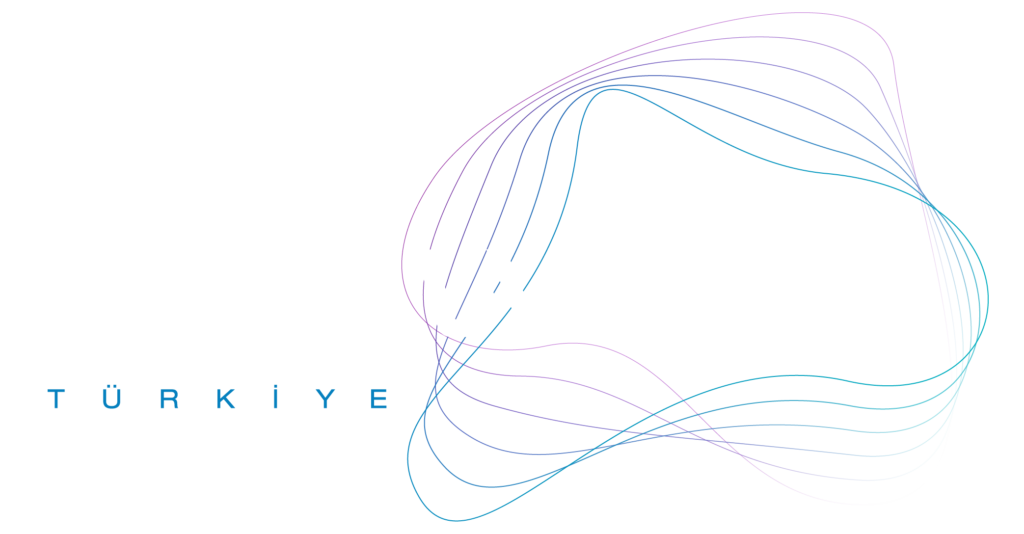Hawthorn, a plant rich in history and medicinal value, is gaining recognition for its potential in anti-aging therapies. Recent studies have shed light on its remarkable properties, suggesting it as a promising agent in combating age-related ailments.
The antioxidant capacity of Hawthorn extract plays a pivotal role in its anti-aging effects. Wang et al. (2022) discovered that Hawthorn fruit extract (HFE) significantly ameliorates oxidative damage in neuronal cells and prolongs the lifespan in Caenorhabditis elegans, primarily through the insulin/insulin-like growth factor-1 signaling pathway (Wang et al., 2022). Similarly, Liu et al. (2018) found that Hawthorn polyphenol extract inhibits skin photoaging by regulating matrix metalloproteinase expression and enhancing type I procollagen production, countering UVB-induced skin damage (Liu et al., 2018).
Beyond skin health, Hawthorn’s impact on cellular and organ health is also being researched. Kim et al. (2022) reviewed Hawthorn’s role in ameliorating hepatic injury and inflammation, indicating its potential in treating liver diseases (Kim et al., 2022). Moreover, Rababa’h et al. (2020) explored its effects on cardiac hemostasis and oxidative parameters, suggesting a cardioprotective and antioxidant role (Rababa’h et al., 2020).
Hawthorn has a longstanding place in traditional medicine, now reinforced by modern scientific findings. Wegener et al. (2018) highlighted its significance in general practice, particularly in the treatment of age-related cardiovascular problems, providing a blend of traditional and contemporary medical perspectives.
References
Wang, X., Li, X., Li, L., Yang, X., Wang, J., Liu, X., Chen, J., Liu, S., Zhang, N., Li, J., & Wang, H. (2022). Hawthorn fruit extract ameliorates H2O2-induced oxidative damage in neuronal PC12 cells and prolongs the lifespan of Caenorhabditis elegans via the IIS signaling pathway. Food & Function.
https://doi.org/10.1039/d2fo01657e
Liu, S., You, L., Zhao, Y., & Chang, X. (2018). Hawthorn Polyphenol Extract Inhibits UVB-Induced Skin Photoaging by Regulating MMP Expression and Type I Procollagen Production in Mice. Journal of Agricultural and Food Chemistry, 66(32), 8537-8546.
https://doi.org/10.1021/acs.jafc.8b02785
Kim, E., Jang, E., & Lee, J. H. (2022). Potential Roles and Key Mechanisms of Hawthorn Extract against Various Liver Diseases. Nutrients, 14.
https://doi.org/10.3390/nu14040867
Rababa’h, A. M., Al Yacoub, O. N., El-Elimat, T., Rabab’ah, M., Altarabsheh, S., Deo, S., Abdalla, Y., Amin, A., Zayed, A., & Alazzam, S. (2020). The effect of hawthorn flower and leaf extract (Crataegus Spp.) on cardiac hemostasis and oxidative parameters in Sprague Dawley rats. Heliyon, 6.
https://doi.org/10.1016/j.heliyon.2020.e04617
Wegener, T., Gündling, P., Holubarsch, C., Mayer, J. G., Schini-Kerth, V., Schmidt-Trucksäss, A., & Stange, R. (2018). Significance of hawthorn extract in general practice – a current positioning. MMW Fortschritte der Medizin, 160 Suppl 4, 1-7.
https://doi.org/10.1007/s15006-018-0725-4

